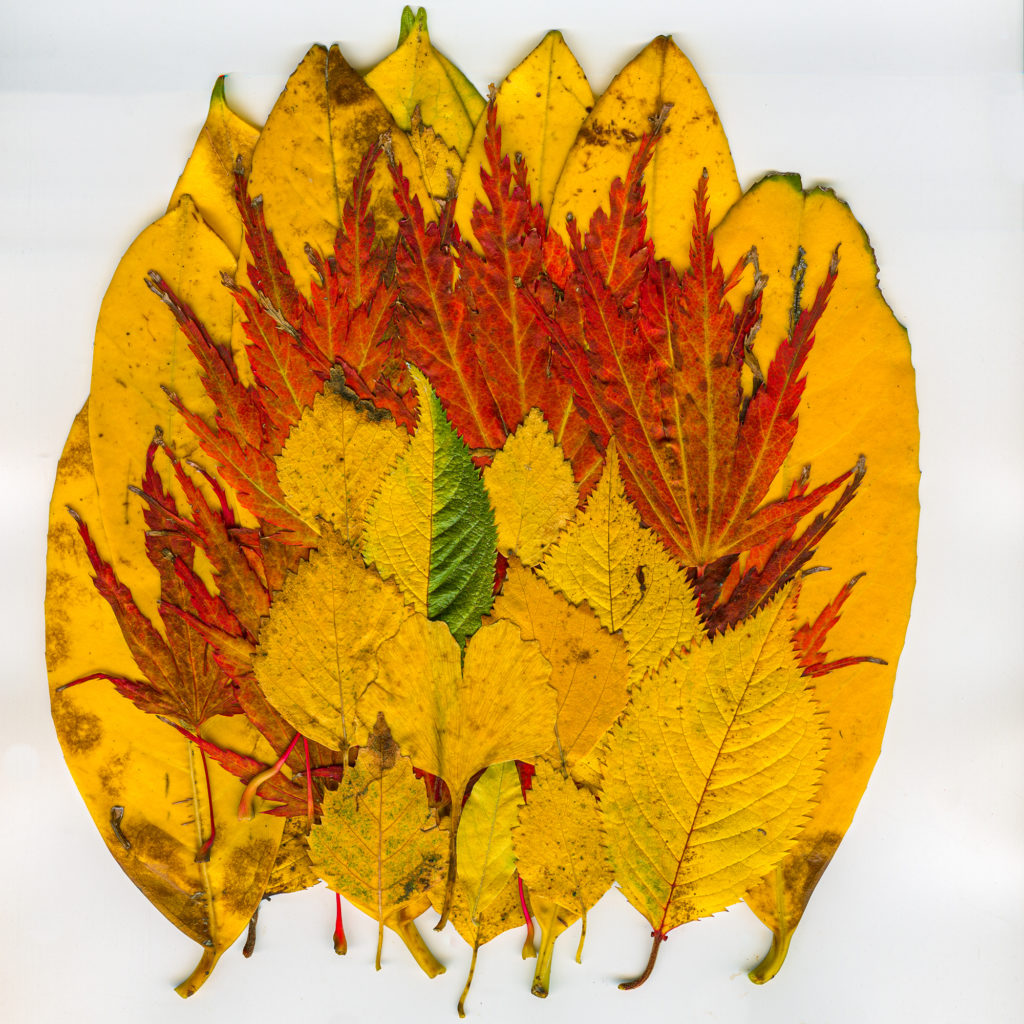It’s the consonants that give meaning to language. In fact, it’s the impediments to our breath that give sense to what passes for speech.

Liquid Amber 
Maple Cherry
Our words can generate critical tension using the audible frictions that are the fricative sounds f and th of ‘foolish thoughts’, for example.
Perhaps these are foolish thoughts but they are what are on my mind today.
Consider this sentence with the consonants alone: cnsnnts gv th mnng t lngge.
Now try to understand it with only the vowels: oo ie eai o auae.
And yet, the consonants are delicate sounds by comparison to vowel power. This was what I thought after I saw the return of Irish football legend Paul McGrath selling us a new Chip Shop Curry Sauce from our TV. ‘Ooh, aah, Paul McGrath’ was the power vowel chant back in the 90s.

I have to admit that I don’t comprehend tonal languages so let me revise the opening example to say that cnsnnts gv th mnng t nn-tnl lngge. This language I’m typing and that you’re reading isn’t tonal though it uses intonation.
But what are tonal languages? Suffice to say they are the most commonly spoken languages on the planet. Mandarin Chinese is a good example and it has five recognised tones that each are used to modify the meaning of a word. I had a friend who spoke Mandarin very well but mixed up his tones while practicing six tone Cantonese in a Hong Kong restaurant. His naïve mistake was considered so obscene by the waitress that she had the manager visit the table to make him apologise. Suspend your disbelief, this one’s true: don’t you agree that some travel stories are useful cautionary tales no matter how improbable they sound on first hearing?
If you want an extreme example of tonal language complexities, listen to a great example from Mandarin. Lion-Eating Poet in the Stone Den is a short poem in which every word is shi. My hearing is tone challenged and I can’t hear many of the tonal variations so I hope you do better than me. I remain happy not to have to rely on Mandarin for communication though it makes me sad to know that I couldn’t comprehend that ‘those ten lions were in fact ten stone-lion corpses’. Here’s a link to a recording and note that there’s a full translation further down that page.
Of course non-tonal languages need something to modulate meaning and that’s where syllables come in. Lots of syllables. Tonal languages like Mandarin don’t have many at all. Indeed it only needs one syllable to recite Lion-Eating Poet in the Stone Den in Mandarin.
There’s not much more I can shi.

Brilliant! I love this post, thank you.
What about single character words, when the character is a vowel? How could we say ‘I’?
I’ve always been fascinated by the fact the Mandarin words (in Pinyin) for “mother” and “horse” are both “ma” but they have different tones (mother is the flat tone and horse is the down-up tone). Now I’m even more fascinated with the “shi” poem.
In Australia, in the 90’s, there was also chants of “Ooh, aah, Glenn McGrath” for the cricket fast bowler.
Keep up the good work on the leaf art – I’m loving these images.